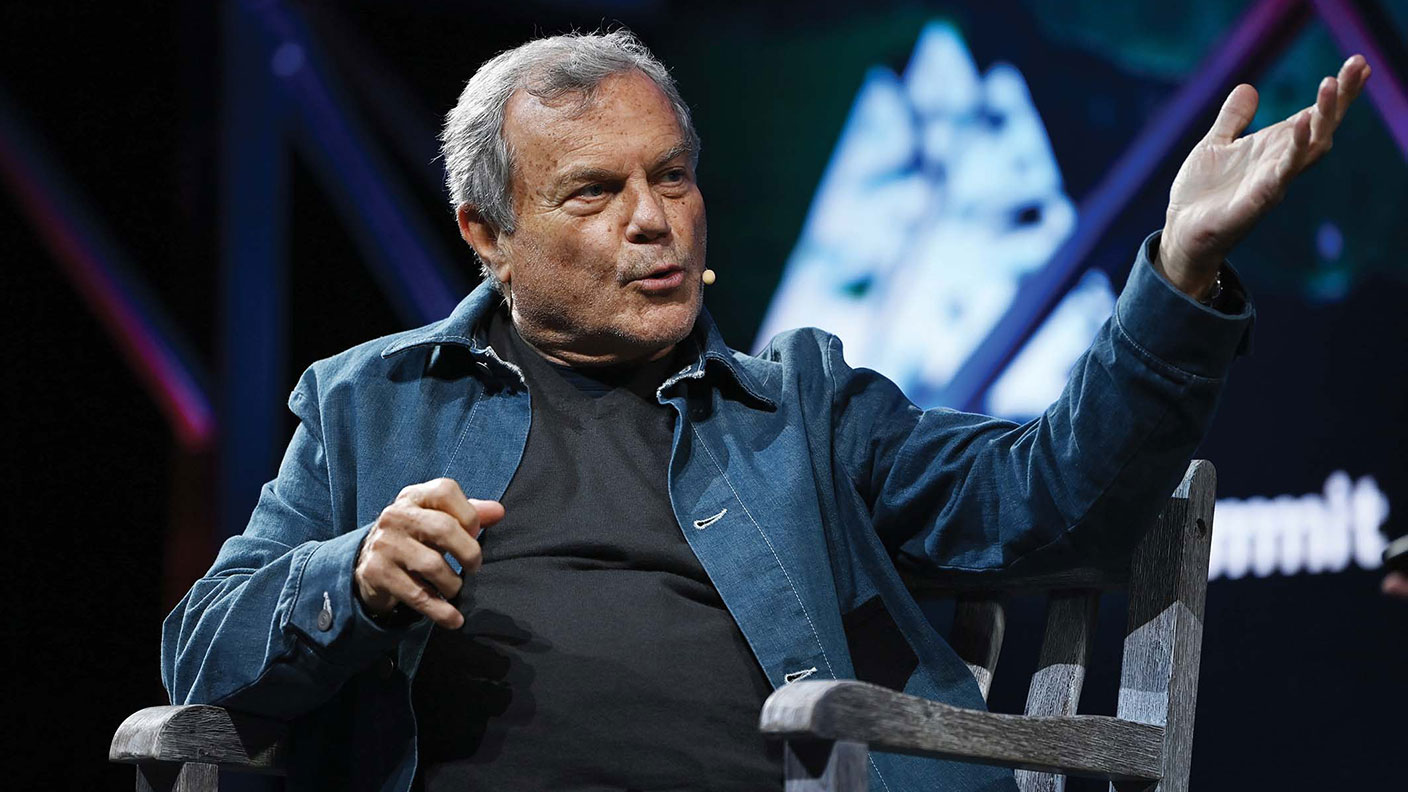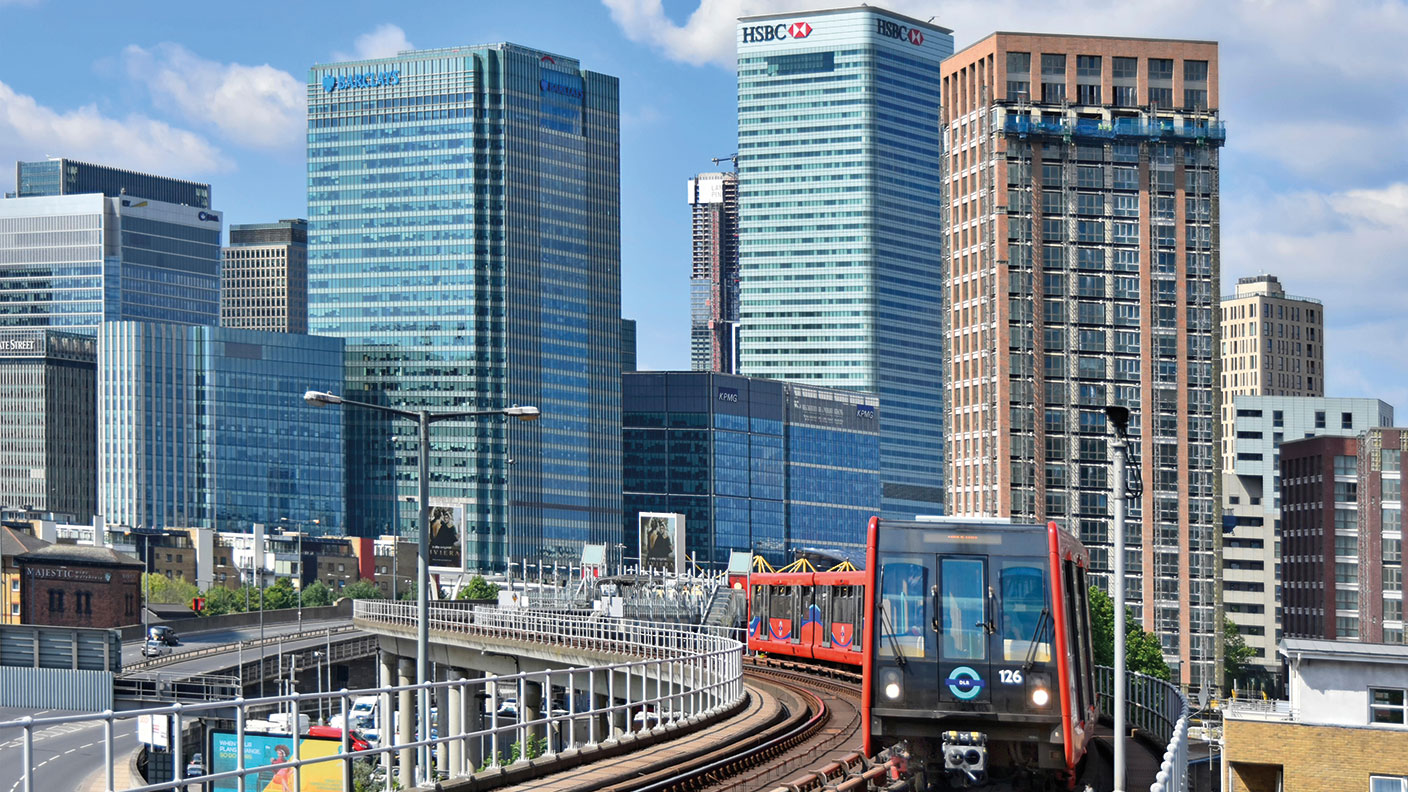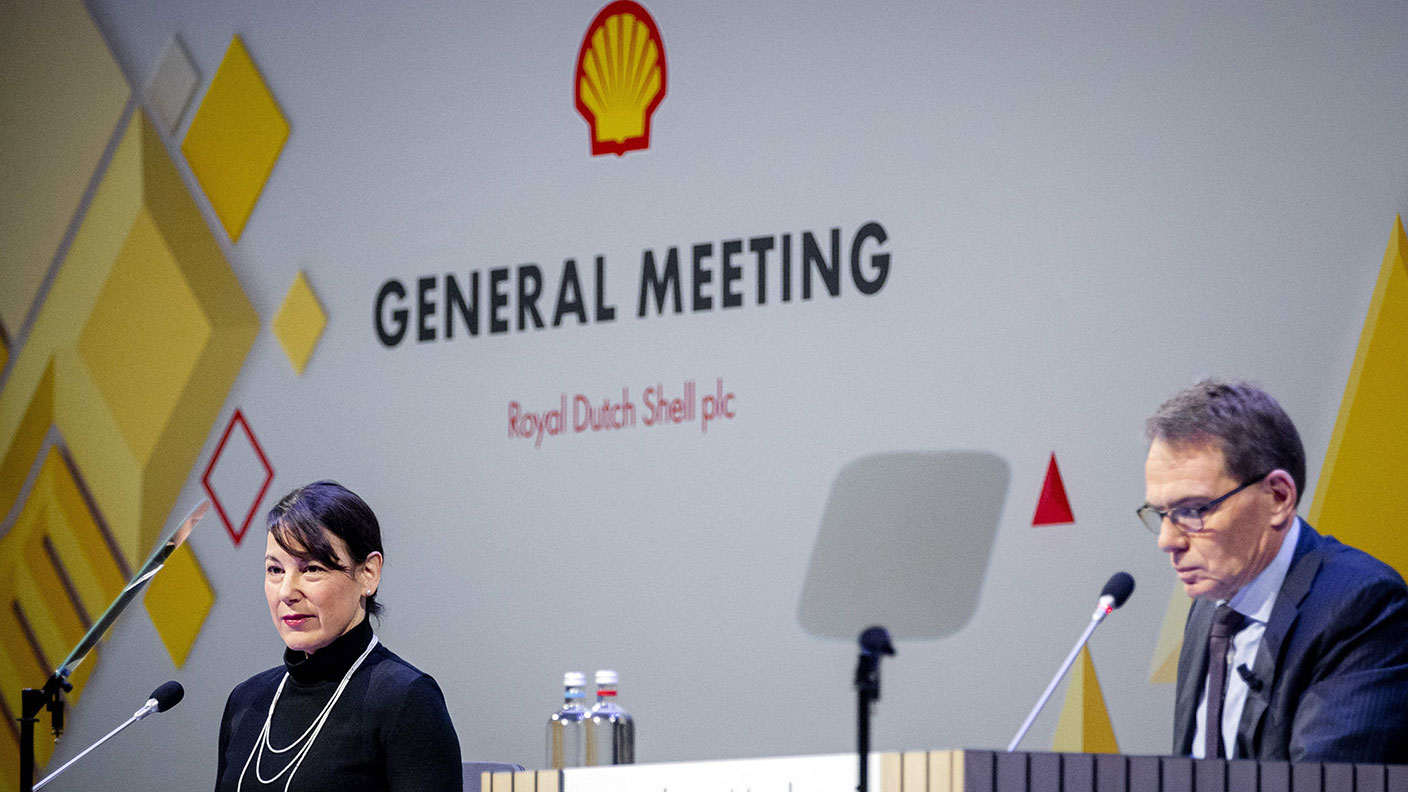Banks pass stress test
Britain’s seven biggest lenders have passed the second round of annual stress tests – but how resilient are the tests?

Get the latest financial news, insights and expert analysis from our award-winning MoneyWeek team, to help you understand what really matters when it comes to your finances.
You are now subscribed
Your newsletter sign-up was successful
Want to add more newsletters?

Twice daily
MoneyWeek
Get the latest financial news, insights and expert analysis from our award-winning MoneyWeek team, to help you understand what really matters when it comes to your finances.

Four times a week
Look After My Bills
Sign up to our free money-saving newsletter, filled with the latest news and expert advice to help you find the best tips and deals for managing your bills. Start saving today!

Britain's seven biggest lenders have passed the second round of annual stress tests to establish their resilience to a sharp economic downturn. This test was based on an emerging-markets crisis, whereby a plunge in Chinese growth to 1.7% rattled the markets, sending oil below $40 a barrel and undermining developing countries and Europe.
Bank of England Governor Mark Carney said the banks were now far more resilient than in 2008-2009, and within sight of what the Bank's Financial Policy Committee (FPC) deems adequate capital buffers for the long term.
What the commentators said
While all seven "technically passed, only five really did, with two somewhat on the naughty step", said James Quinn in The Daily Telegraph. Barclays, HSBC, Lloyds, Nationwide and Santander were fine. RBS and Standard Chartered didn't meet their capital requirements under the stress scenario. But as the test was based on 2014 accounts, and since then both have raised more money in any case, they won't have to submit plans to top up funds.
MoneyWeek
Subscribe to MoneyWeek today and get your first six magazine issues absolutely FREE

Sign up to Money Morning
Don't miss the latest investment and personal finances news, market analysis, plus money-saving tips with our free twice-daily newsletter
Don't miss the latest investment and personal finances news, market analysis, plus money-saving tips with our free twice-daily newsletter
Sorry, but the "imagined stress" in emerging markets hardly seems that severe, said Patrick Hosking in the same paper. Chinese growth of 1.7%? "Are recessions really so impossible in China?" More disconcerting, though, is the longer-term "climbdown on capital levels". After the crisis, regulators were talking about a buffer worth 18% of risk-weighted assets. Now the Bank says 11% will do.
It's certainly a "mighty leap downwards", agreed The Guardian's Nils Pratley. Perhaps it suggests that "today's central bankers just have complete faith in their ability to spot dangers"? We should certainly beware the Bank's new-found optimism that the sector has moved out of the "post-crisis period", said Osborne. That kind of talk "probably means the next one's a fortnight away".
Get the latest financial news, insights and expert analysis from our award-winning MoneyWeek team, to help you understand what really matters when it comes to your finances.

-
 How a ‘great view’ from your home can boost its value by 35%
How a ‘great view’ from your home can boost its value by 35%A house that comes with a picturesque backdrop could add tens of thousands of pounds to its asking price – but how does each region compare?
-
 What is a care fees annuity and how much does it cost?
What is a care fees annuity and how much does it cost?How we will be cared for in our later years – and how much we are willing to pay for it – are conversations best had as early as possible. One option to cover the cost is a care fees annuity. We look at the pros and cons.
-
 UK banking stocks: what’s the latest this results season, and are they worth a look?
UK banking stocks: what’s the latest this results season, and are they worth a look?All five major UK banks released their annual results in February, reporting profit increases. But the sector has long been unloved by investors. Are UK banking stocks hidden gems, or better avoided?
-
 Britain’s most-bought shares w/e 12 August
Britain’s most-bought shares w/e 12 AugustNews A look at Britain’s most-bought shares as of 12 August, providing an insight into how investors are thinking and where opportunities may lie.
-
 S4 Capital – a company that still has much to prove
S4 Capital – a company that still has much to proveTips Audit delays set shares tumbling at advertising agency S4 Capital. It needs to show it can turn growth into profits, says Bruce Packard.
-
 When to buy shares in NatWest, Britain's worst bank
When to buy shares in NatWest, Britain's worst bankTips Rising interest rates should lift profits for the banking sector if inflation doesn’t get out of control, says Bruce Packard.
-
 How UK banks went from Big Bang to universal failure
How UK banks went from Big Bang to universal failureCover Story The 1986 deregulation shook up the banks, but the all-in-one model that it created is bad for customers and investors. Specialists do a better job – as the real fintech winners are showing, says Bruce Packard
-
 Activist investing: forget hedge funds, leave it to private investors
Activist investing: forget hedge funds, leave it to private investorsOpinion Demands from “activist investor” hedge funds are every bit as short-termist as the management teams they are trying to shake up, says Matthew Lynn. Private investors will take a long view.
-
 Evergrande: Chinese property giant spooks global markets
Evergrande: Chinese property giant spooks global marketsNews Global markets fell this week as investors worried about the fate of Evergrande, China’s most indebted property developer, which is teetering on the brink of default.
-
 HSBC’s profits surge – but will the share price?
HSBC’s profits surge – but will the share price?News Pre-tax profits at banking giant HSBC rose from $1.1bn last year to $5.1bn in 2021, but the share price remains depressed.